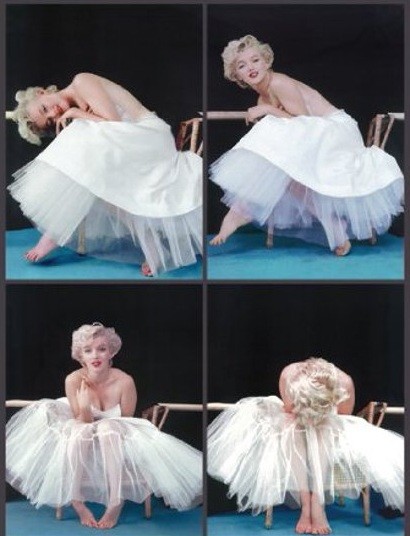In almost every role she ever had, Monroe obviously brought a certain sex appeal but focusing on her external beauty would be missing the point of Monroe’s complexity as an actress and human being. Even when she smiles suggestively, even when her Rose has no remorse, even as she alluringly sings Lionel Newman’s “Kiss,” Monroe’s eyes betray a certain sadness and loneliness that go beyond mere acting.
In his 1987 autobiography, Vanity Will Get You Somewhere, Joseph Cotten reflects on his experience of filming “Niagara” and his encounters with Monroe. “She was outgiving and charming,” writes Cotten. “If you wanted to talk about yourself, she listened. She was defensively shy. If you wanted to talk about her, she blushed. If you wanted to sing, she joined the chorus.” Yet underneath this charm, there was a great interior struggle that somehow cemented her character and persona as the eternal Marilyn.
Cotten continues: “At times she glowed with the joy of discovery and then, suddenly, her focus would move into outer space, thrusting her into a cloud of blankness . . . At the time, it seemed to me that she was cursed with less than her share of confidence and more than her share of insecurity, both dark synonyms for fear.” That interior sadness and vulnerability would remain untouched and it is something Monroe always brought to the screen, even in her comedic roles and moments.

